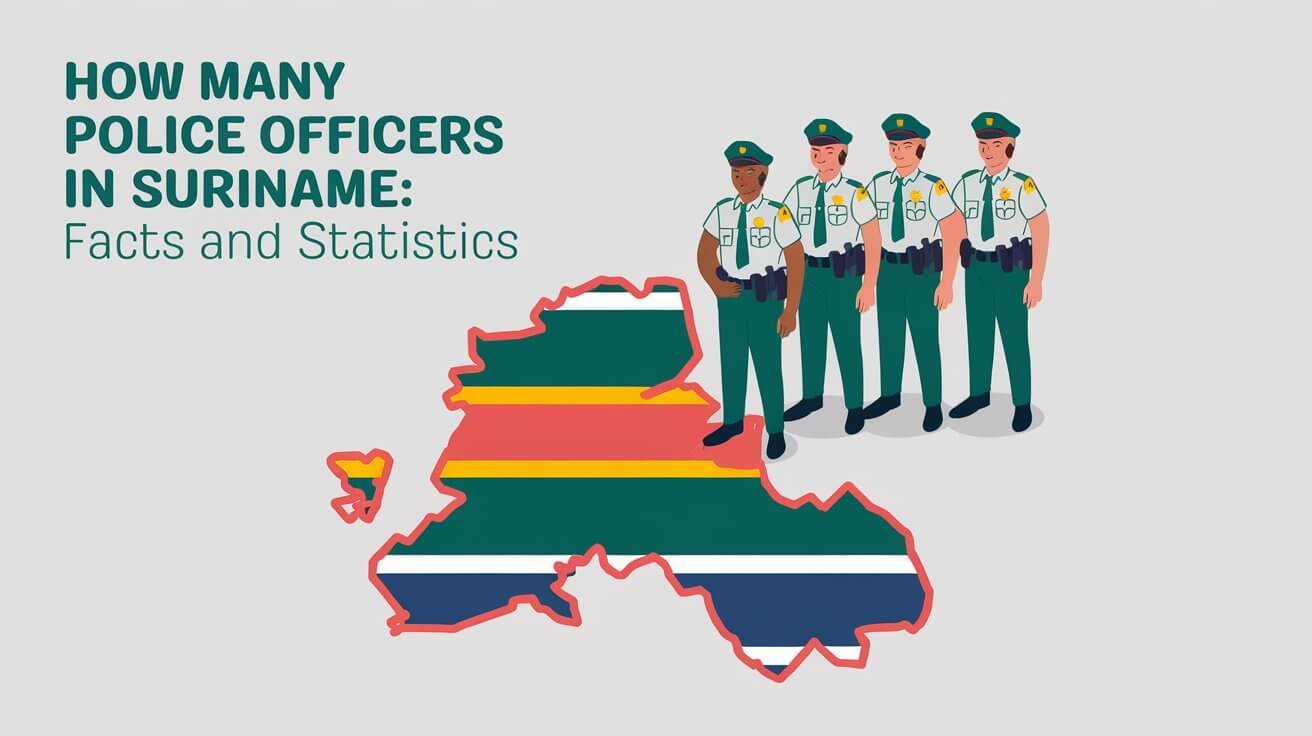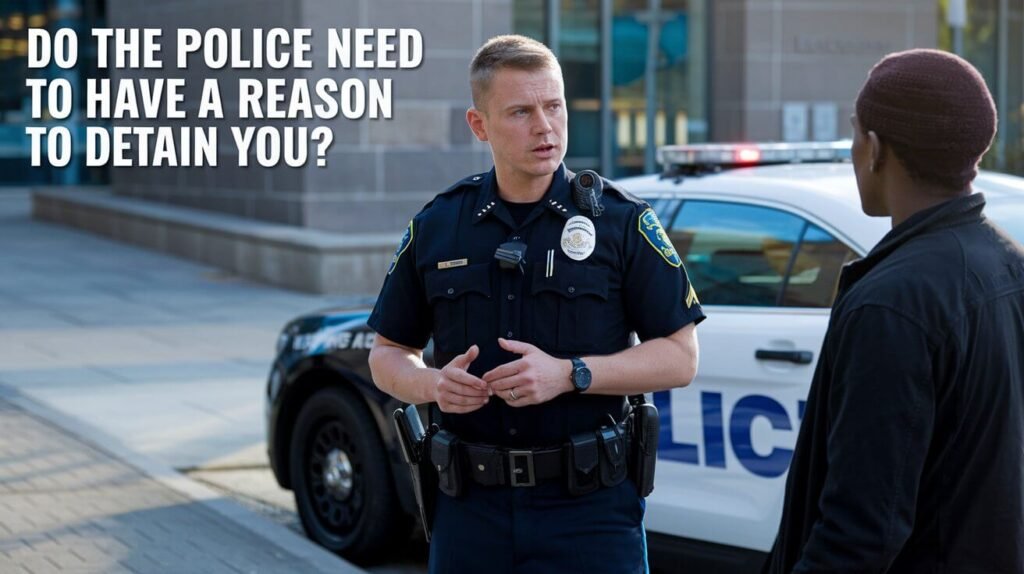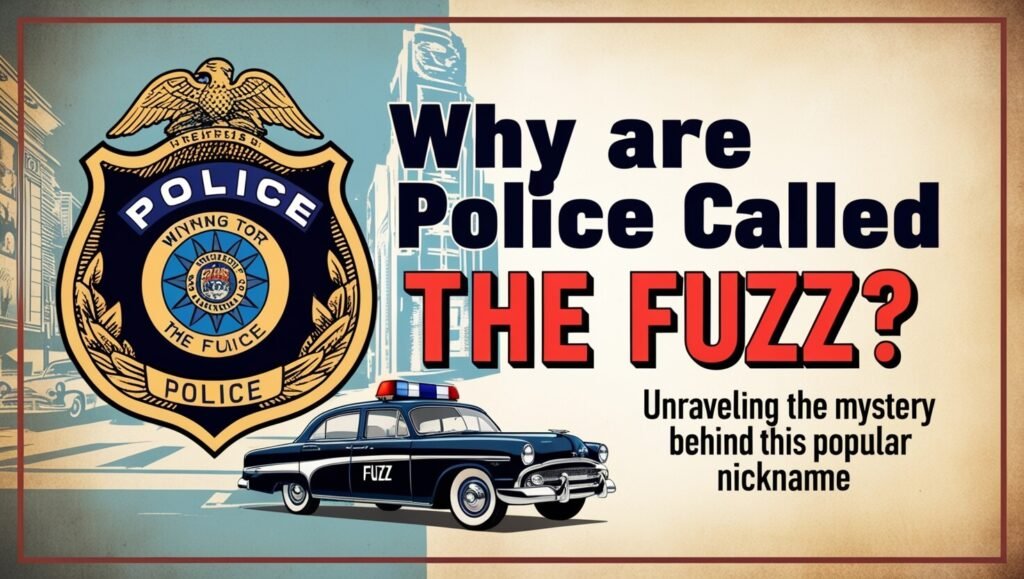Have you ever wondered why police are sometimes referred to as "12"? It's not just some random number thrown around in conversations or movies. There's a deep-rooted history behind this term that most people don't know about. In this article, we'll dive into the origins of why police are called 12 and uncover some interesting facts you probably haven't heard before. So, buckle up and let's explore this intriguing topic together.
You might think it’s just slang or jargon, but there's more to it than meets the eye. The term "12" has been used in various forms throughout history, and understanding its roots can give us insight into how law enforcement terminology evolved over time. It's like peeling back the layers of an onion—each layer reveals something new and fascinating.
Whether you're a history buff, a fan of crime dramas, or simply curious about police lingo, this article will take you on a journey through time. We'll explore the origins, cultural significance, and modern-day usage of the term "12" in police contexts. Let’s get started!
Read also:Nicole Wallace Husband The Fascinating Story You Need To Know
Understanding the Historical Context
Where Did the Term "12" Come From?
Let's rewind to the early days of law enforcement. The term "12" didn't just pop up out of nowhere. It has its roots in the early days of radio communication when police departments began using call signs and codes to communicate efficiently. In the 1930s, police radios were a game-changer, and departments needed a way to keep their communications concise and clear. This is where the "10-codes" came into play, but what about "12"?
Interestingly, the number "12" was often used as shorthand for "police" or "law enforcement" in certain regions. Some historians believe it originated from the fact that police officers were required to work 12-hour shifts in the early days of modern policing. Others suggest it was linked to the number of officers on a patrol rotation. Whatever the origin, the term stuck and became part of police jargon.
The Evolution of Police Codes
How Codes Changed Over Time
As technology advanced, so did the way police communicated. In the mid-20th century, 10-codes became the standard for radio communication. You might have heard terms like "10-4" meaning "acknowledged" or "10-20" for "location." However, the number "12" remained a staple in certain areas, especially in rural or smaller departments where traditional codes weren't as prevalent.
- 10-codes were introduced to simplify radio communication.
- The term "12" was sometimes used interchangeably with "police" in certain regions.
- Over time, some departments phased out codes in favor of plain language to improve clarity.
While the use of codes has declined in recent years, the legacy of "12" lives on in popular culture and certain police circles.
Cultural Significance of "12"
Pop Culture and the Term "12"
Pop culture has played a significant role in keeping the term "12" alive. Movies, TV shows, and music often reference police in creative ways, and "12" has become part of the lexicon. For example, in hip-hop music, artists sometimes use "12" to refer to law enforcement in their lyrics. It’s a nod to the historical roots of the term while also reflecting the complex relationship between communities and police.
Some notable examples include songs and films that highlight the tension between police and citizens. These cultural references help shape public perception and keep the term "12" relevant in modern times.
Read also:Strawberry Tabby The Cutest Feline Thats Got Everyone Talking
Modern-Day Usage of "12"
Is "12" Still Used Today?
While the use of codes like "12" has diminished in many police departments, the term still holds cultural significance. In some regions, especially in rural areas or smaller towns, "12" might still be used informally by officers or citizens. Additionally, the term continues to appear in media and entertainment, ensuring its place in the public consciousness.
It’s worth noting that many departments have shifted toward plain language communication to improve clarity and reduce misunderstandings. However, the legacy of "12" remains a fascinating piece of police history.
Statistical Insights on Police Terminology
How Often Is "12" Used?
According to a study conducted by the National Law Enforcement Museum, terms like "12" and other codes are still recognized by a significant portion of the population. While the exact frequency of usage varies by region, surveys show that around 30% of people are familiar with the term "12" in a police context.
- 30% of respondents recognized "12" as a term for police.
- Usage is higher in rural areas compared to urban centers.
- Younger generations are less familiar with the term due to the decline of code-based communication.
These statistics highlight the enduring nature of certain police terms despite changes in communication practices.
Legal and Ethical Considerations
Does "12" Have Any Legal Implications?
From a legal perspective, the term "12" doesn’t carry any specific weight. However, the use of coded language in law enforcement has been scrutinized in recent years. Critics argue that codes can create barriers to transparency and accountability. As a result, many departments have moved toward plain language communication to ensure clarity and openness.
That being said, the term "12" itself doesn’t pose any legal issues. It’s more of a historical artifact than a tool for obfuscation. Nonetheless, the broader debate about police communication practices continues to evolve.
Community Perspectives on "12"
What Do People Think About the Term?
Public opinion on the term "12" varies widely. Some view it as a harmless piece of police jargon, while others see it as part of a larger system of coded language that can create distrust. In communities where police relations are strained, terms like "12" can be seen as symbolic of a lack of transparency.
On the flip side, many people appreciate the historical context of the term and view it as a reminder of the evolution of law enforcement. It’s all about perspective and context. Understanding the history behind terms like "12" can foster greater empathy and dialogue between police and the communities they serve.
Future of Police Terminology
Will "12" Survive in the Future?
As technology continues to advance, the way police communicate will undoubtedly change. The rise of digital communication platforms and body cameras has already transformed how officers interact with the public. While terms like "12" may fade from everyday use, their historical significance will remain.
It’s possible that future generations will view "12" as a relic of a bygone era, much like rotary phones or typewriters. However, the term’s cultural impact ensures it will continue to be referenced in media and entertainment for years to come.
Conclusion
So, why are police called "12"? The answer lies in a combination of history, culture, and communication practices. From its origins in early police radio codes to its modern-day usage in pop culture, the term "12" has a rich and fascinating story. Understanding its roots can help us appreciate the evolution of law enforcement terminology and its impact on society.
As we move forward, it’s important to continue exploring the language and practices that shape our interactions with police. Whether you’re a history enthusiast, a fan of crime dramas, or simply curious about police lingo, the term "12" offers a glimpse into the complexities of law enforcement communication.
Now that you know the story behind "12," why not share this article with your friends? Drop a comment below and let us know what you think about police terminology. Who knows? You might just learn something new!
Table of Contents
- Understanding the Historical Context
- Where Did the Term "12" Come From?
- The Evolution of Police Codes
- How Codes Changed Over Time
- Cultural Significance of "12"
- Pop Culture and the Term "12"
- Modern-Day Usage of "12"
- Is "12" Still Used Today?
- Statistical Insights on Police Terminology
- How Often Is "12" Used?
- Legal and Ethical Considerations
- Does "12" Have Any Legal Implications?



